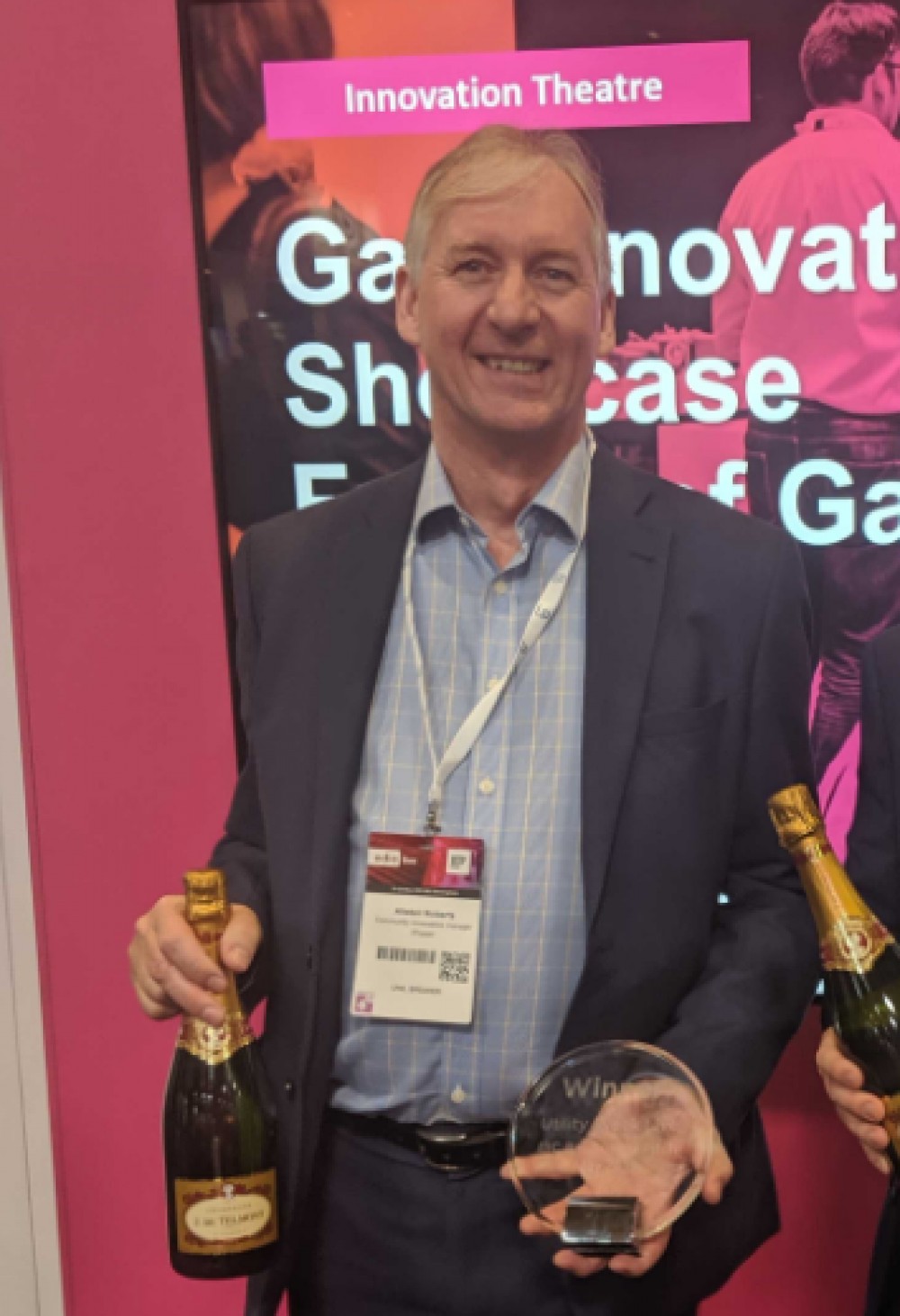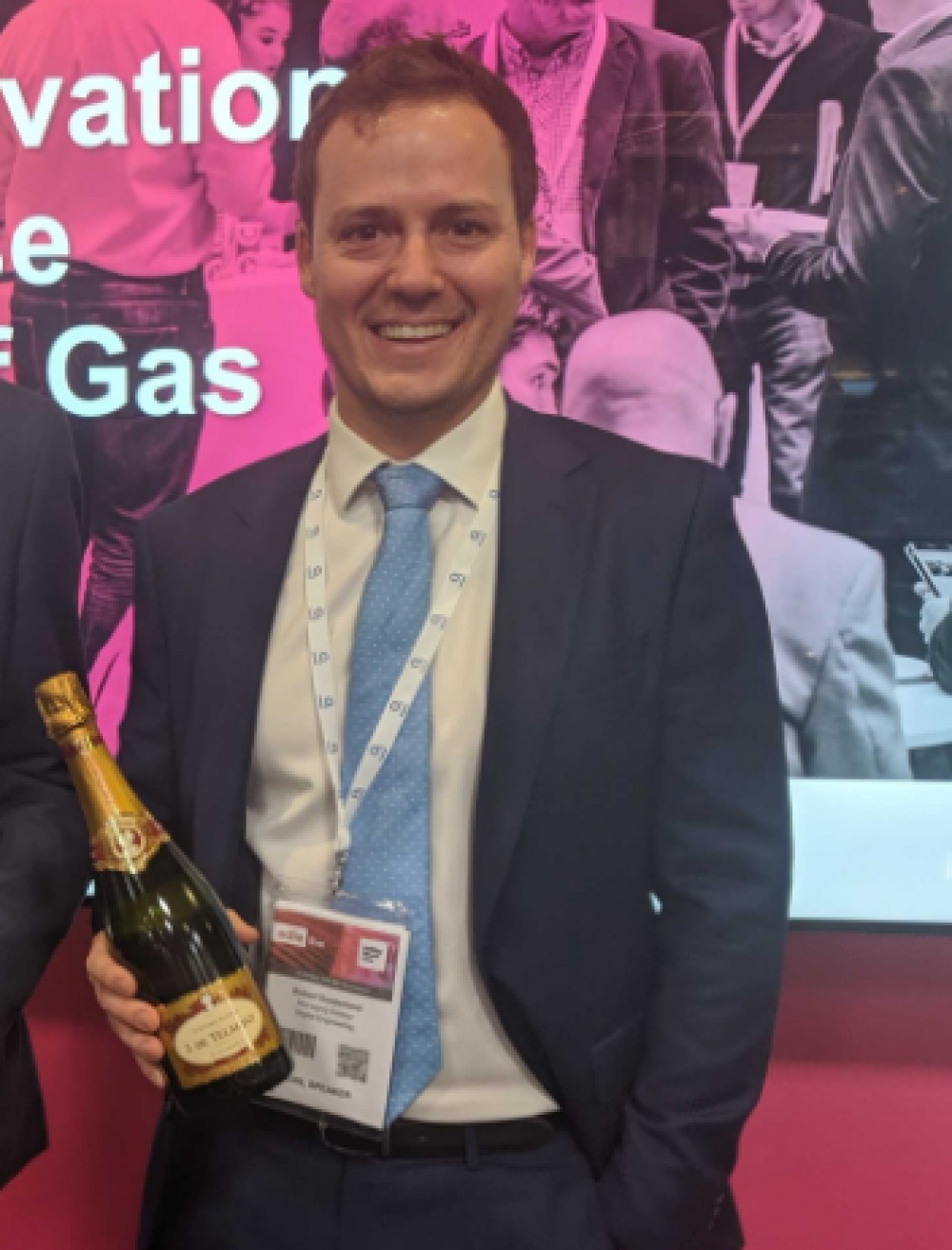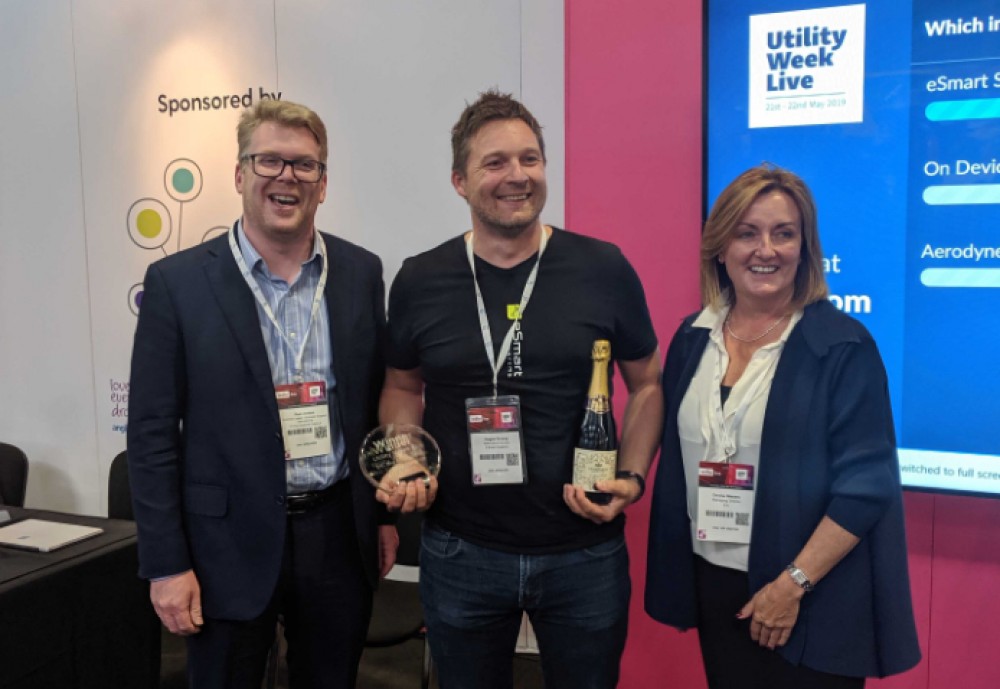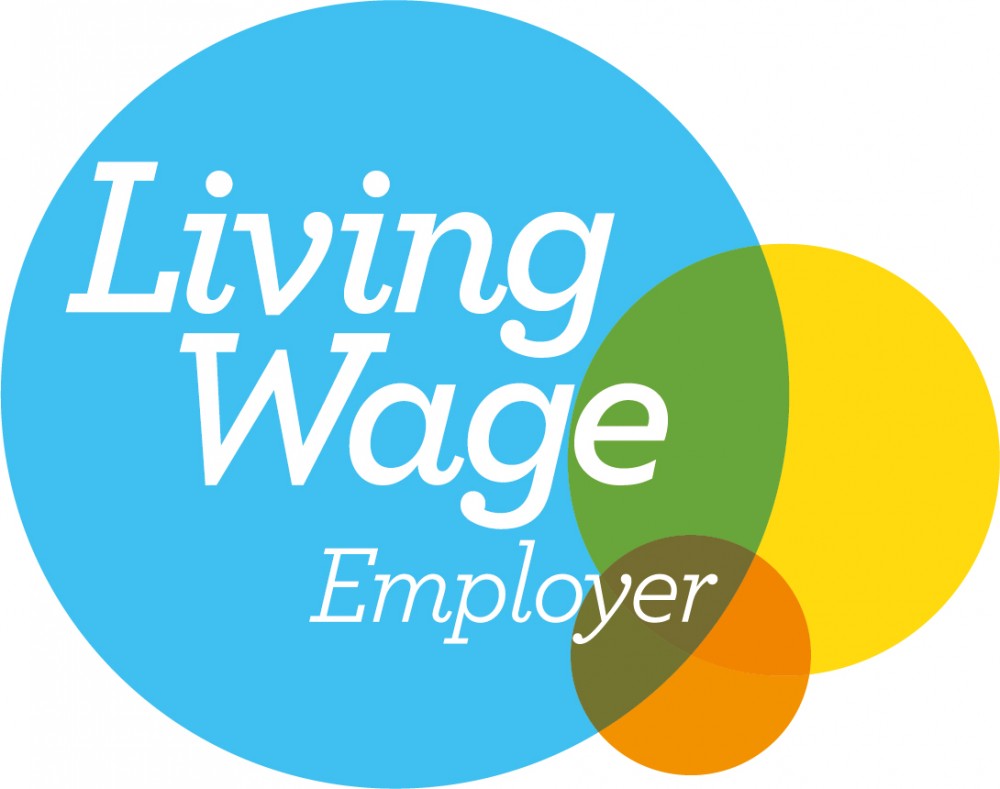Alistair Roberts, Community Renewables Manager at iPower, won the judges’ prize on day one of Utility Week Live 2019 at the EIC’s Big Energy Pitch, for iPower’s innovative proposition. The Big Energy Pitch is a Dragon’s Den-style event that gives SMEs the opportunity to demonstrate new ideas and technologies in front of a panel of industry experts, gaining exposure and receiving invaluable feedback on their latest innovations.
As a UK developer of low carbon projects, iPower focuses on reducing energy bills and carbon emissions. Structured as a social enterprise, their aim is to make clean energy affordable to all, with a majority of their profit being used to help combat fuel poverty and climate change. In an interview with the EIC, Alistair discusses iPower’s latest project and shares his thoughts on the future of innovation in the industry.
How did it feel to be a winner of the Big Energy Pitch?
It was an absolute surprise and a lovely one at that. The other two presenters were really good too! What the EIC are doing in terms of inviting SMEs along, getting us involved and giving us a space to talk about what we are doing, in front of the networks, is really great.
How was your experience of pitching to the judges, and what do you feel were the benefits of taking part in the Big Energy Pitch?
The Big Energy Pitch was well worth getting involved in; it’s a brilliant opportunity, provided by the EIC, for getting your innovation and your message out there in front of that kind of an audience- the networks, energy companies, SMEs and other innovators. Opportunities like this are so important and I’d definitely go along with the EIC and do it again. The audience at Utility Week are such a focused group which is really crucial; having a spot on the EIC’s ‘Innovation Zone’ stand and taking part in their Big Energy Pitch, makes this audience really accessible.
Tell us about the innovation you pitched
Our innovation is the implementation of a Virtual Power Plant (VPP) structured on our social energy service company (esco) basis. Our social esco model provides funded low carbon solutions at no upfront cost to the building owner, based on the provision of energy services to the building. The main function of the business model is to allow for real involvement from local stakeholders in the production, transfer and storage of power, decentralising power in an economic and physical sense.
How does your innovation support change in the industry?
Energy is going through a huge transition at the moment. A way to think about this is in comparison to Uber taxis and AirBnB- they’ve come away from the big traditional hotel models and big taxi companies and instead, the business is going to local people who know how to deliver the service locally and can cut out a lot of the costs. This change in structure is also beginning to happen within energy through decentralisation. For all their innovation, AirBnB and Uber have conventional ownership structures. We believe that iPower’s social esco VPP proposition is a key differentiator for us in the energy transition. The model also allows for, what we call the fourth ‘D’; the democratisation of energy whereby local communities, businesses and the people are given the power to do something at a local level. Instead of power generation and distribution happening at big power stations, power is taken care of at a local level, for example through solar panels and battery storage, and power is decentralised in an economic as well as a physical sense.
Currently we are working as a consultant developer for Aberdeenshire Council in their £160 million Housing Improvement Programme (HIP). Aberdeenshire has issues with fuel poverty and meeting Energy Efficiency Standard for Social Housing (EESSH) targets. We are looking at solutions involving smart grid opportunities; we will be rolling out solar PV on the roofs of the housing and putting in battery storage. The project we are doing is ground-breaking as it is the first known domestic PV, battery and grid services project of this scale in the UK, and the first social housing project to include grid services income.
We are going to connect all of the batteries and all of the solar PV up to the grid, and ‘load profile’ the house; monitoring when power is being used, if power is being stored and if there is excess power. That power will then be able to be exported and sold back to the grid and a range of other grid services such as Firm Frequency Response provided. For Aberdeenshire Council this could go a long way towards meeting the cost of the solar PV and batteries that they have installed. Wider economic benefits of this also include, drastically reducing fuel poverty, delivering significant savings to tenants, helping authorities reach their targets, and opening up the marketplace.
How did you establish there was a need for your innovation?
We’ve been thinking strategically this way for a long time. However there are pressures on us now. London is setting the pace with their clean air act; they don’t want to even see diesel generators anymore; they want to see technology shift from fossil fuels to hydrogen, fuel cells, solar, batteries etc. Alongside that, Glasgow wants to be the first city that is zero carbon, which points us in a very strict direction.
How do you make an innovation stand out?
I think if you can get people to see the long term benefits of what you’re doing, and if it’s scalable and doable, then it’ll stand out. With our own innovation in particular, the technology and innovation we need is there, there’s no waiting around for development, it’s just rolling it out now and getting on with it.
What challenges do innovators face working in the industry?
I think the biggest challenge is conveying what you want to do with the networks, and getting them to see that there are new, innovative ways of doing things that won’t put a strain on their networks. We also need to establish how we can work with and around the networks’ infrastructure programmes in order to support the delivery of energy in a responsible, clean and efficient way, so that everybody benefits but we don’t have to pay the Earth for it. What we, as innovators, don’t want is to be doing all this hard work for consumers to then be charged a fortune.
What advice can you give to upcoming innovators and where do you believe innovators should be focusing their efforts in the future?
When pitching, be extremely positive! In terms of where innovators should be focusing their efforts, the pressure is on all of us now to get away from traditional models, as the likes of Uber and AirBnB have done in other sectors, and look at ways of trading and delivering power without having to invest in major power stations. If we want to roll out new innovative technologies such as electric vehicles, and if we want them to be sustainable in the future, we have to change the way things are being done. The real question is whether people have the appetite to take this challenge on.
For more information about:
• iPower, visit: http://ipoweruk.com/
• iPower’s social esco model, visit: http://ipoweruk.com/esco-model/
• iPower’s project with Aberdeenshire Council, visit: http://ipoweruk.com/wp-content/uploads/2013/12/iPower-Aberdeenshire-Case-Study.pdf
• Virtual Power Plants, visit: https://www.renewableenergyworld.com/articles/print/volume-16/issue-5/solar-energy/virtual-power-plants-a-new-model-for-renewables-integration.html









